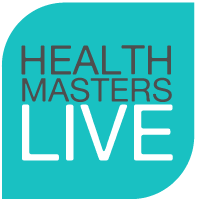Practitioner Course
Rethinking Key Herbs for Inflammation
New experimental and clinical evidence supporting the important role of Willow bark and Boswellia in inflammation.
Format
Online Course
1 lesson
Availability
12 Months OR Subscriber Pass
Duration
90 min/lesson
1.5 hours total
Presenter
